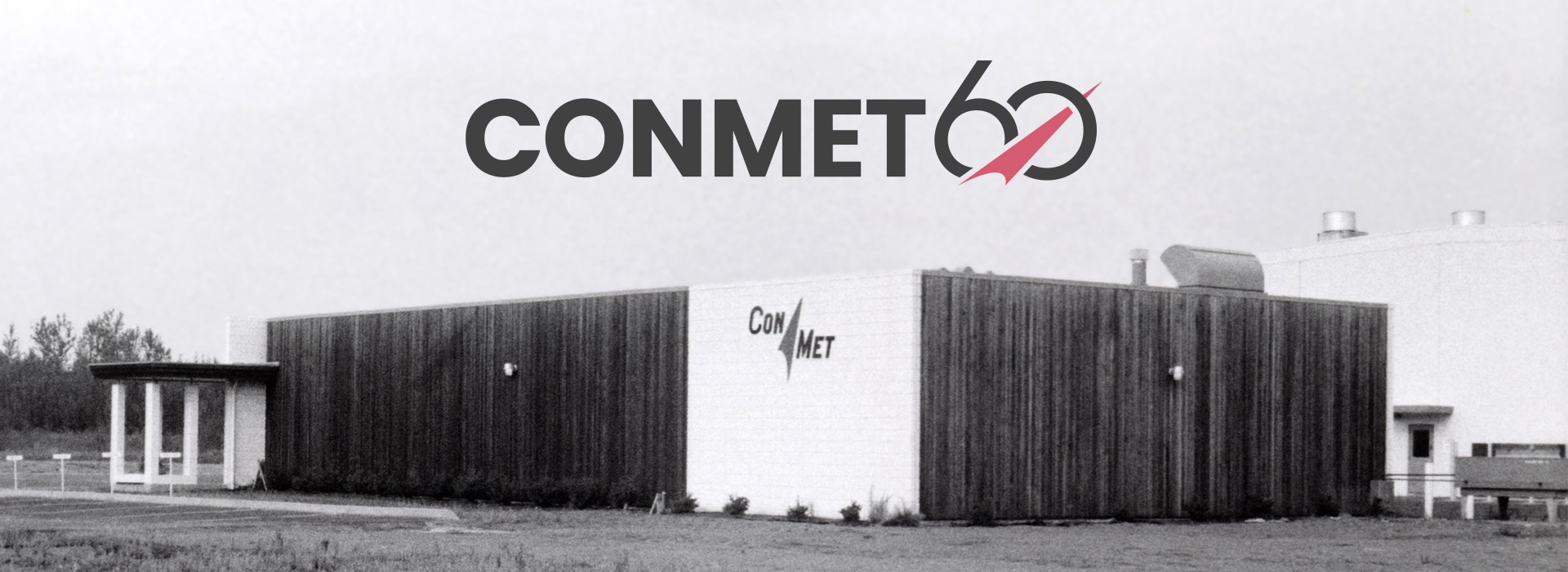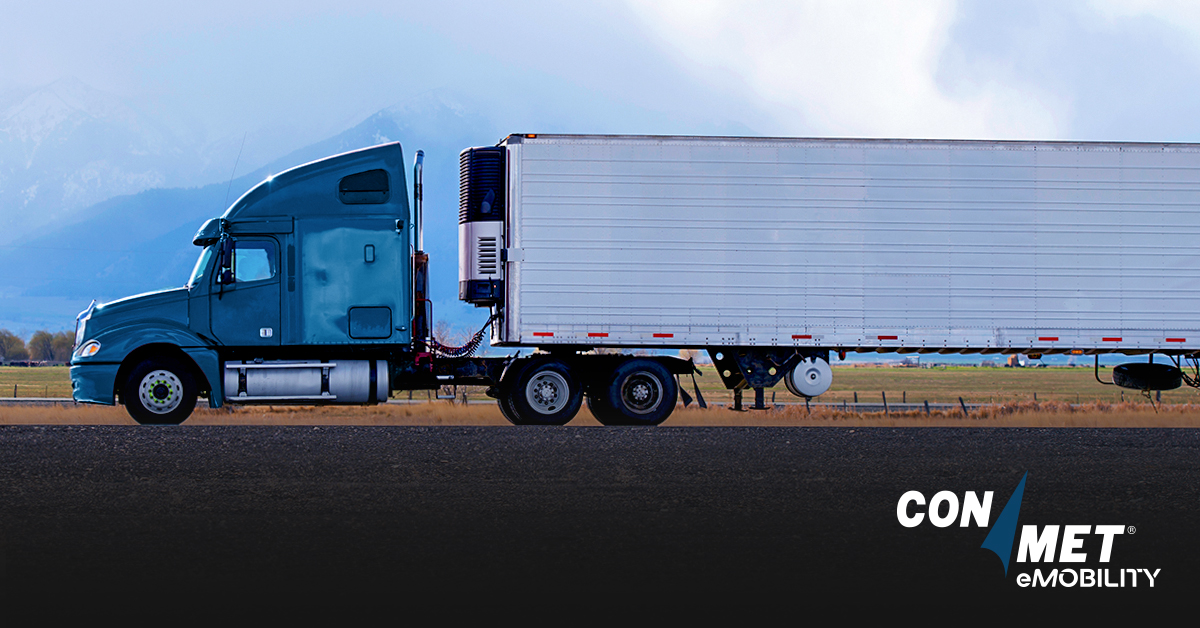For commercial vehicle fleets, the winter months mean an increase in operating costs. When assets are exposed to cold temperatures, moisture, salt, and other ice-melting chemicals, parts are vulnerable to early-life wear and more frequent maintenance is required. Drivers must also use extra caution in harsh conditions, and processes like pre-trip inspections become less efficient as ice and snow buildup hinders visual inspections.
As the winter sets in, total cost of ownership is a major concern for many fleets. Ongoing parts and labor shortages have been affecting year-round maintenance costs, making seasonal maintenance increases even more of a financial burden. But since the demand for over-the-road transport never stops and 70% of the nation’s roads are in regions that see an average of 5 inches of snowfall per year, fleets are looking for innovative ways to offset the added cost of severe winter weather and the impact of driving in it.
Digital fleet telematics solutions help fleets adjust operations and respond to issues caused by winter weather by providing insights to a fleet remotely:
- As the seasons change and ambient temperature falls, fleets experience more tires below manufacturer-recommended cold inflation pressure. Underinflated tires wear faster and decrease fuel economy. Tire Pressure Monitoring Systems (TPMS) give drivers, fleet managers, and dispatchers the ability to ensure an accurate and quick pre-check, even in cold temperatures.
- If slick or icy roads cause an accident or collision, GPS tracking can help locate vehicles quickly, increasing safety and uptime. Locating stranded drivers quickly is also imperative when their load is carrying temperature-sensitive products that need to keep moving.
- Hub monitoring keeps track of any abnormalities in vibrations, road noise, hub temperatures, and more that may signal frozen components and early-life failures.
- Cold temperatures increase the risk of air line blockages because of ice freezing in lines or hurried drivers connecting systems in the cold. Ensuring proper emergency air line pressure can help fleets ensure emergency brakes are properly released.
These are just a few examples of how telematics devices are helping drivers and fleets combat some of the most common seasonal issues on the road that may go unseen to the naked eye. Not only does real-time monitoring with telematics help keep trucks in safe operation, but it helps fleets make better, more informed winter maintenance decisions.
Taking these benefits into account, fleets should consider implementing telematics solutions to combat these winter issues. When it comes to finding the right telematics solution for a fleet, there are a number of criteria that should be considered. First and foremost, it must be a reliable system that can withstand harsh operating environments. Most fleets are also going to want a retrofittable solution, since they are replacing assets less frequently due to cost and availability. And of course, it must be user-friendly for drivers and fleets to get the most out of the system’s insights.
Telematics solutions from ConMet Digital prepare fleets to tackle winter weather. The solution is ruggedized and retrofittable, ready to monitor critical vehicle components in the winter – and all through the year.
The ConMet Digital Driver App enhances the pre-trip inspection process by sending real-time component health alerts for issues that may not be visible. Drivers receive notifications and health warnings during inspections and while on the road, providing better safety, increased uptime, and peace of mind. Fleet managers and maintenance staff can access the same alerts and real-time data through an online dashboard, available directly through ConMet Digital or through a telematics partner’s dashboard.
With a wide range of product options, like SmartAir™ TPMS, SmartTrack™ asset management Preset Plus® SmartHub™, SmartAir™ line pressure, and SmartAir™ Axle Load, ConMet Digital is helping fleets modernize their maintenance practices, allowing them to make better, safer decisions. Though the rising cost of maintenance is inevitable, there are plenty of ways fleets can lower total cost of ownership – especially during the winter when many weather-related issues are preventable.
VANCOUVER, WA | by Isaac Otto, Product Manager – Digital


